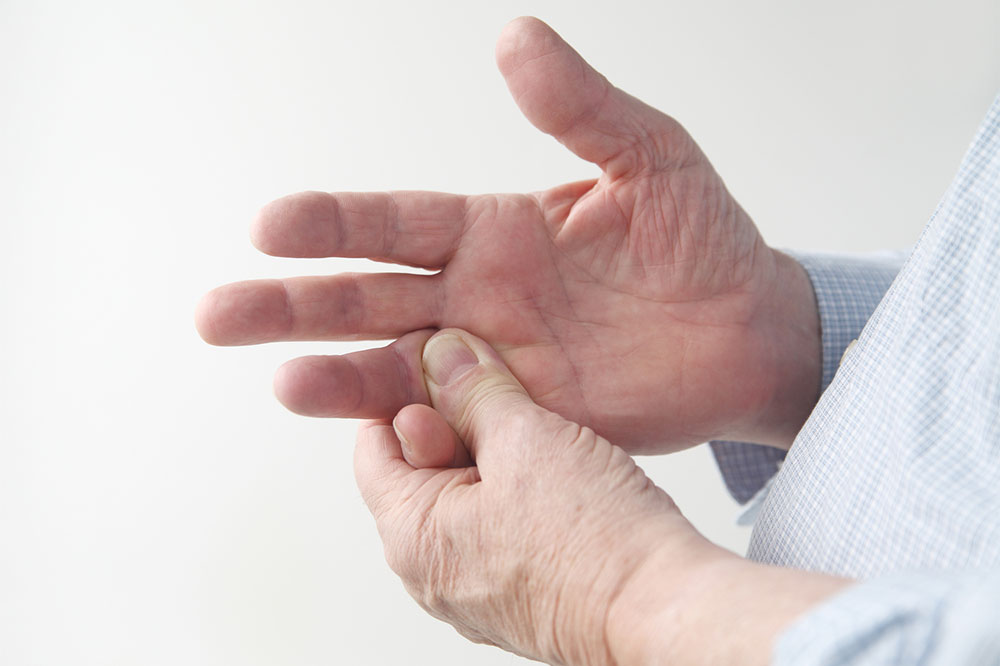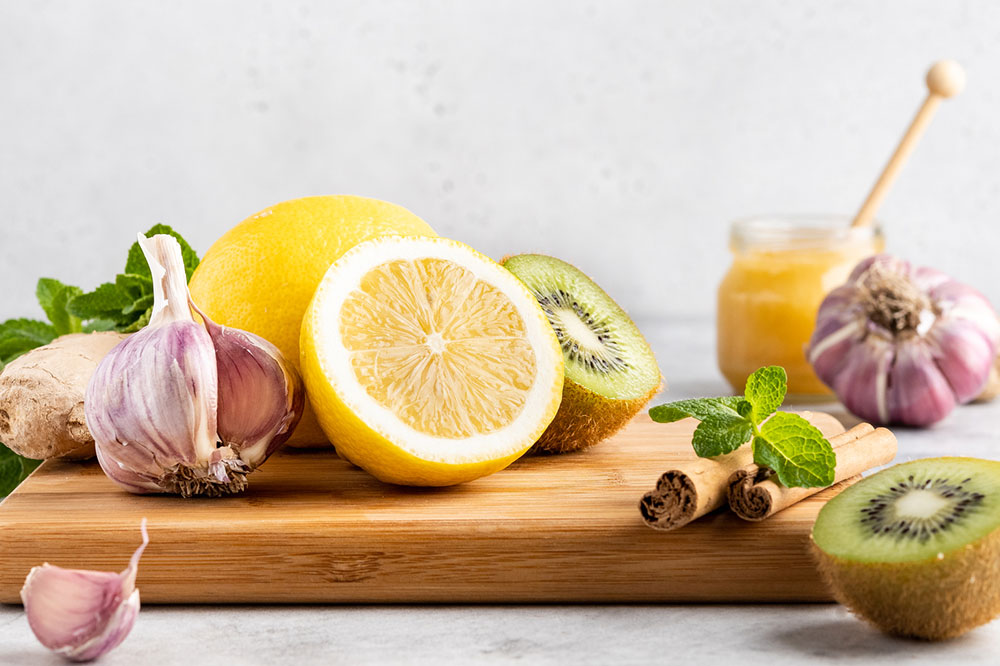5 natural remedies for relief from sinus congestion

Sinus congestion can make one uncomfortable, cause headaches, interfere with sleep, and prevent easy breathing. To relieve this, many natural and at-home remedies are available that don’t require much effort or cost money. These remedies help loosen mucus in the sinus passages and allow for faster draining. Viruses, allergens, and bacteria are the most common causes of sinus congestion, and here are five natural remedies for it.
Water
Staying hydrated is one of the first things one should do in the case of sinus congestion. Water helps dilute the mucus secretion and allows for easier drainage. Drinking adequate amounts of fluids like water, hot tea, clear soups, and herbal teas can provide relief and help the mucus membrane function efficiently. Avoid anything with caffeine, as it can be dehydrating. Focus on nourishing beverages and soothing drinks.
Steam inhalation is also an effective natural remedy for relief from sinus congestion. It warms up and moisturizes the sinus passageways, allowing the mucus to be easily drained. Adding essential oils like eucalyptus can help with congestion.
Warm compress
Placing a warm compress on the nose, forehead, cheeks, and eyes can help relieve the pressure and discomfort in the nasal passage. One could also soak a towel in warm water, squeeze the excess, and drape it over the face. This will help keep the mucus membranes moist and help it function properly.
Sinus irrigation
This method involves flushing out the nasal passages with saline solution, essentially forcing the clogged-up mucus to drain out. It is important to use sterile salt water to rinse the sinus passageways. A squeeze bottle or a neti pot can be used for this purpose. To do this, one must lean over a basin or sink and pour or squirt the saline solution into one nostril. Tilt the head so it flows out the other nostril and clears the passageways of irritants and bacteria.
Elevate the head while sleeping
To aid in clearing sinus blockages, one should elevate the head while sleeping to prevent buildup over the course of the night. Tucking an extra pillow or two under the head should do the trick. Keeping the head elevated is essential because if one lies flat, the mucus could pool back instead of drain. If needed, a cool-mist vaporizer or humidifier can be placed by the bed to thin the mucus and allow it to drain easily.
Include natural decongestants in meals
Drinking enough fluids, using a warm compress, and sinus irrigation can all be supplemented by eating the right foods. Some foods are natural decongestants, and adding these to one’s meals can help nourish the body while successfully draining mucus from the nasal passages.
- Spicy foods
Capsaicin, a compound found in spicy foods, can irritate the mucous membrane and cause it to water, resulting in softening and removing any nasal obstruction. - Pineapple
The enzyme called bromelain found in pineapple can break up sinus mucus and help reduce inflammation and swelling. - Ginger
Ginger fights sinus inflammation and can clear out the phlegm, if any, from the throat. - Chicken soup
This is a well-known remedy for a blocked nose and congested sinuses. Hot chicken soup should be the go-to meal when suffering from congestion. The steam from the hot soup and the type of amino acid cysteine found in chicken helps with the draining of mucus.







